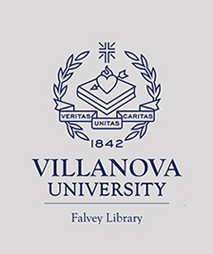Big-Historical Environmentalism for the 21st Century
##plugins.themes.bihistory.article.main##
Abstract
The beginning of the 21st century witnessed terrorist attacks on the World Trade Centre in the United States. This incident changed global politics and brought new twists and turns in world history. The last two decades have seen the rise of identity politics, leading to the escalation of local conflicts across the world. At the same time, environmental challenges to human societies have become increasingly threatening, manifested on a planetary scale through global warming and loss of biodiversity. The effect of political and environmental challenges happening together is being felt in social-cultural-economic realms. All of these tensions have been starkly laid bare in the way governments and societies in different parts of the world have responded to the challenge of the global covid pandemic that we are currently facing.
The pandemic will ebb and flow, and reduce itself to a non-threatening form in a few years, but the challenges of global warming and loss of biodiversity just keep growing and will plague us for decades to come. While the battle against alarming changes in the environment around us will continue till the end of the century, many experts believe that the seeds of our success or failure will be sown in this decade. The actions we take and the social-economic-political systems we set up by 2030 will largely cast the die for the future of humanity beyond the 21st century. This situation underlines the importance of seeing the big picture that only Big History can reveal by connecting the dots of events in different spheres of human activity on a planetary scale. Our big-history thinking clearly shows interlinkages between seemingly independent crises that seem to be bombarding us one after the other.
##plugins.themes.bighistory.article.details##

This work is licensed under a Creative Commons Attribution 4.0 International License.
Authors who publish with this journal agree to the following terms:- Authors retain copyright and grant the journal right of first publication with the work simultaneously licensed under a Creative Commons Attribution License that allows others to share the work with an acknowledgement of the work's authorship and initial publication in this journal.
- Authors are able to enter into separate, additional contractual arrangements for the non-exclusive distribution of the journal's published version of the work (e.g., post it to an institutional repository or publish it in a book), with an acknowledgement of its initial publication in this journal.
- Authors are permitted and encouraged to post their work online (e.g., in institutional repositories or on their website) prior to and during the submission process, as it can lead to productive exchanges, as well as earlier and greater citation of published work (See The Effect of Open Access).



